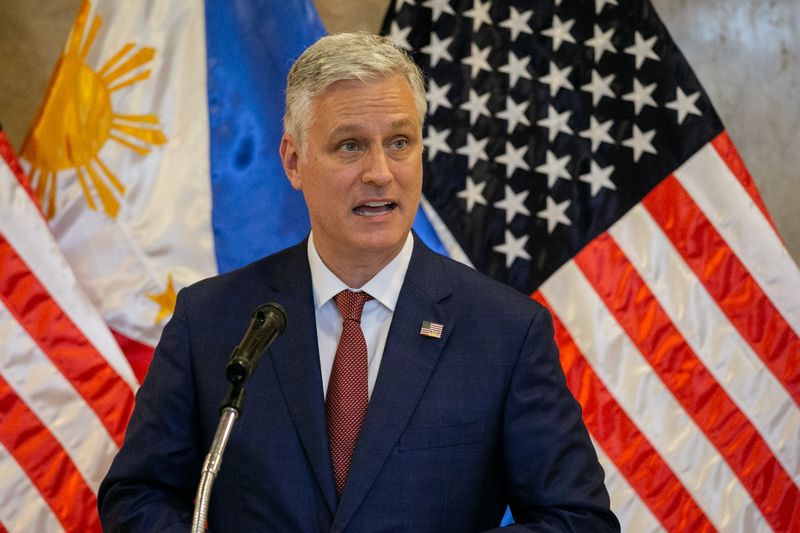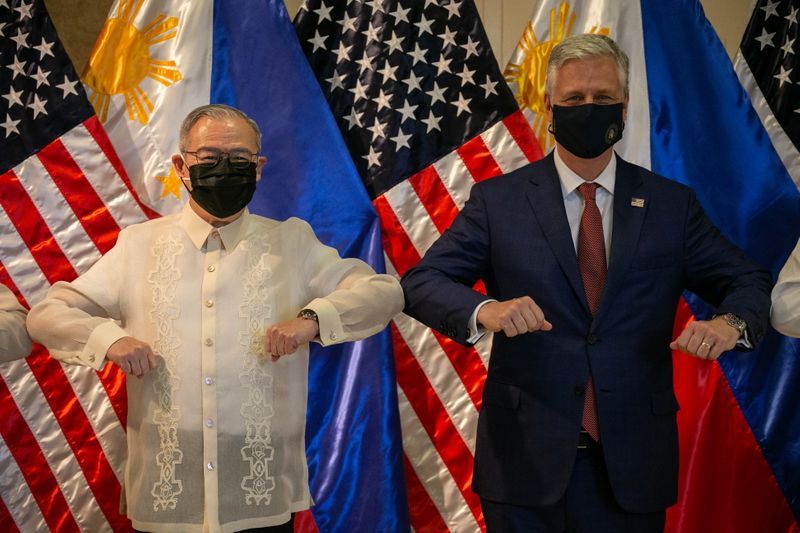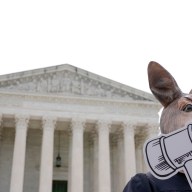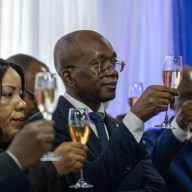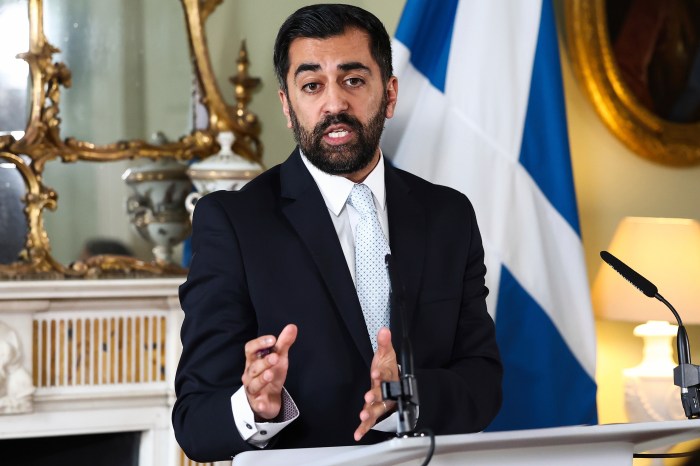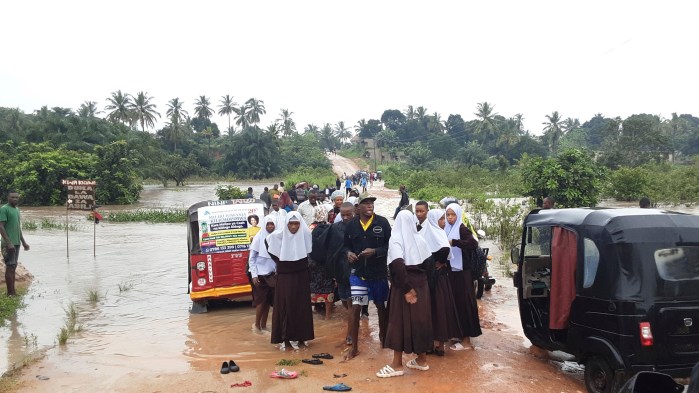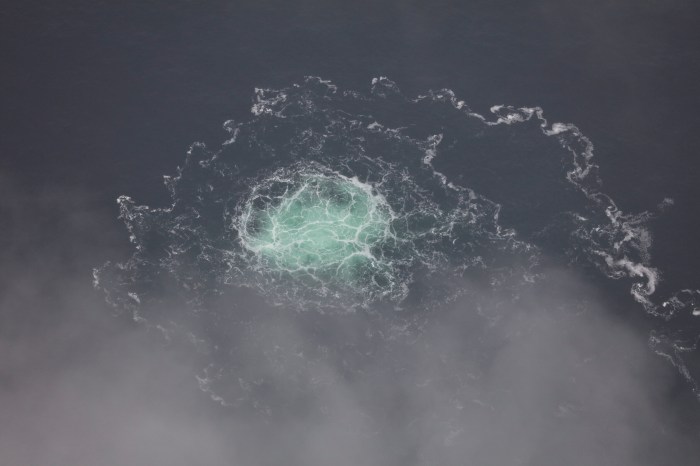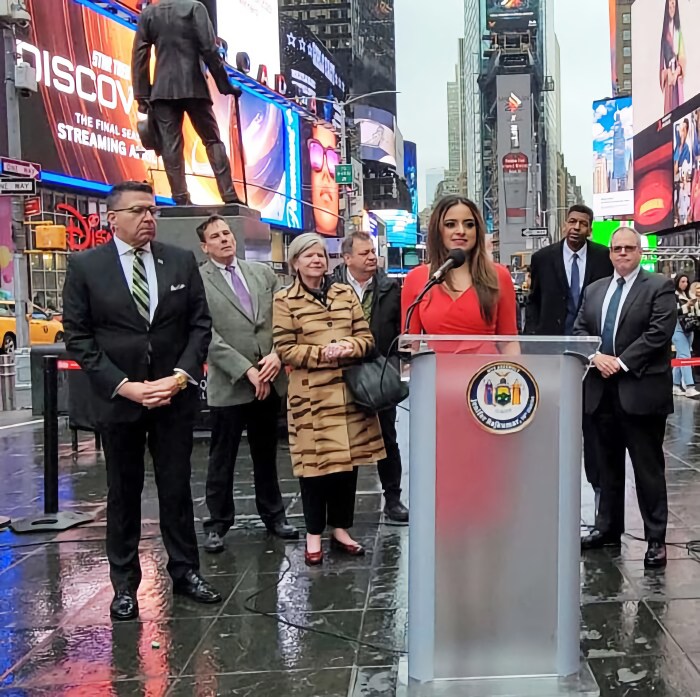MANILA (Reuters) – China’s embassy in the Philippines has denounced the United States for “creating chaos” in Asia, after a visiting White House envoy backed countries in disputes with China and accused Beijing of using military pressure to further its interests.
During a trip to Manila on Monday, national security adviser Robert O’Brien underscored the U.S. commitment to Taiwan and told the Philippines and Vietnam, countries both locked in maritime rows with China, that “we’ve got your back”.
“It shows that his visit to this region is not to promote regional peace and stability, but to create chaos in the region in order to seek selfish interests of the U.S.,” the embassy said in a statement issued late Monday.
The United States should “stop inciting confrontation” in the South China Sea and “stop making irresponsible remarks on the Taiwan and Hong Kong issue, which are purely China’s internal affairs”, the statement said.
O’Brien has warned China it would face a “backlash” if it attempted to use military force to coerce Taiwan, which China views as one of its provinces with no right to state-to-state ties.
The United States and China have been at loggerheads over issues from technology and human rights to Chinese maritime militarisation, with each accusing the other of deliberately provocative behaviour.
China claim to 90% of the South China Sea includes areas claimed by Brunei, Malaysia, the Philippines, Taiwan and Vietnam. An international tribunal in 2016 ruled that China’s expansive claim, based on its historical maps, is inconsistent with international law.
The United States has repeatedly sent warships to the strategic waterway to demonstrate freedom of navigation there.
“Facts have proved that the U.S. is the biggest driver of the militarization,” the embassy statement said, calling it “the most dangerous external factor” in the South China Sea.
The United States embassy in Manila had no immediate response.
(Reporting by Karen Lema; Editing by Martin Petty)

